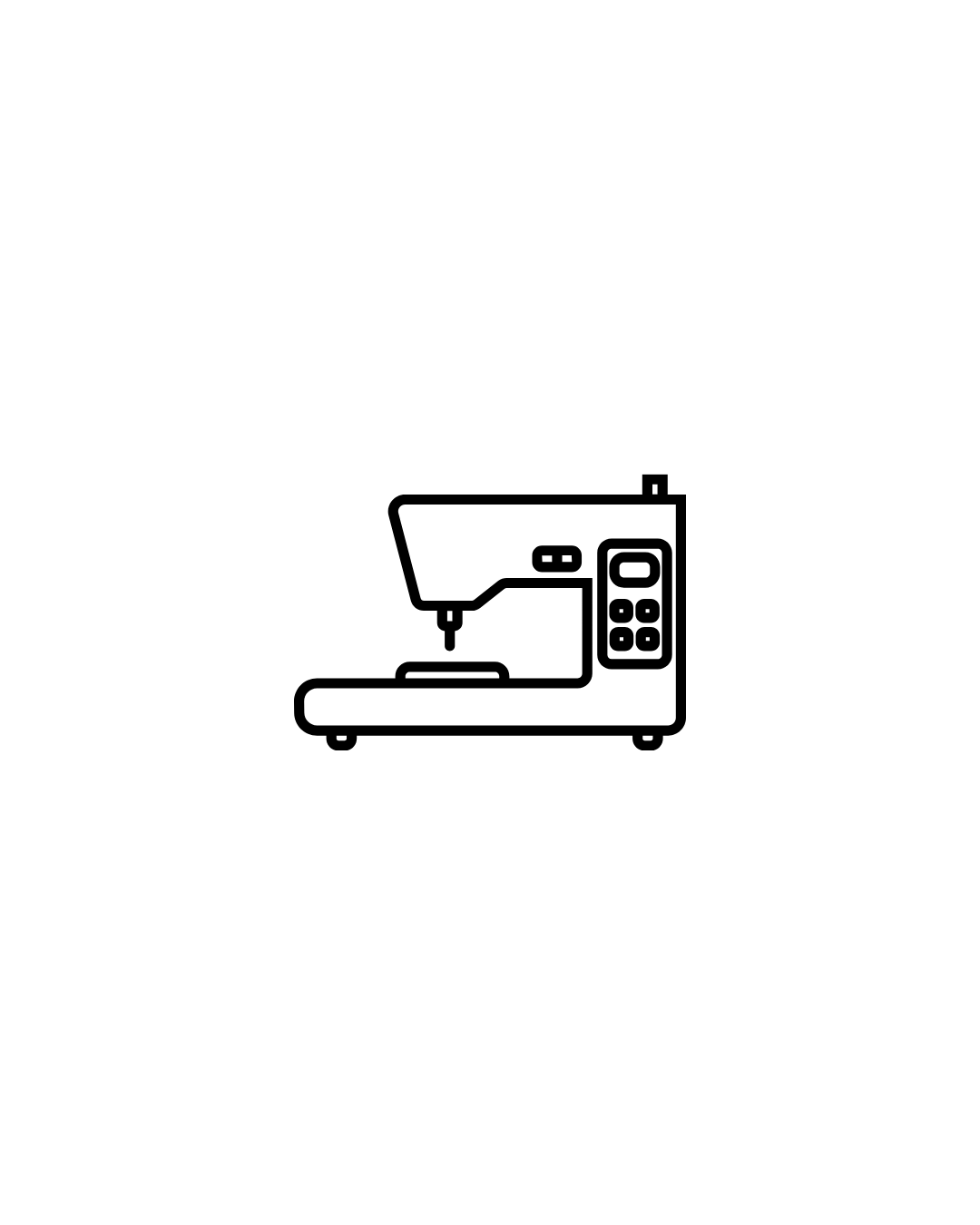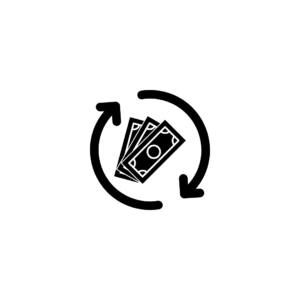Description
Curriculum for D.Voc. in Garment Construction and Embroidery
A Diploma in Vocation (D.Voc.) in Garment Construction and Embroidery is designed to provide students with practical knowledge and skills in textile production, garment making, and embroidery techniques. This program prepares graduates for various roles in the fashion and garment industry, covering everything from basic sewing to advanced decorative techniques. While specific courses may vary by institution, a typical curriculum may include the following subjects:
Introduction to Fashion and Textiles
Overview of the fashion industry, different types of fabrics, and basic textile properties, including their uses and characteristics.
Basic Sewing Techniques
Instruction on foundational sewing skills, including hand stitching, machine sewing, and the use of various sewing tools and equipment.
Pattern Making
Fundamentals of drafting and manipulating patterns for garments, including creating basic patterns for tops, skirts, pants, and dresses.
Garment Construction
Techniques for constructing garments, including assembly methods, finishing seams, and ensuring proper fit and tailoring.
Fashion Illustration and Design
Basics of fashion drawing and design concepts, enabling students to create style sketches and visualize their garment ideas.
Embroidery Techniques
Introduction to different embroidery methods, including hand embroidery, machine embroidery, and decorative stitching techniques.
Fabric and Color Theory
Understanding color theory, fabric selection, and how to combine different fabrics and colors aesthetically in garment design.
Fashion Trends and Market Analysis
Overview of current fashion trends, consumer behavior, and market research methods to inform design decisions in garment construction.
Quality Control and Finishing Techniques
Ensuring quality in garment production through finishing techniques, ironing, and final inspections before garments are made available for sale.
Sustainable Practices in Fashion
Understanding eco-friendly practices in garment construction, including sustainable materials, ethical production methods, and waste reduction strategies.
Costing and Pricing in Garment Production
Basics of cost estimation, pricing strategies, and budgeting for garment production to ensure profitable operations.
Internship/Practical Training
Hands-on experience working in garment production settings, allowing students to apply skills in real-world environments under professional guidance.
Duration of the Program
The duration of a D.Voc. in Garment Construction and Embroidery typically ranges from one to two years, depending on the institution and program structure. This includes both theoretical coursework and extensive practical training.
Career Opportunities After Completing D.Voc. in Garment Construction and Embroidery
Graduates of the D.Voc. in Garment Construction and Embroidery can pursue a variety of exciting career paths in the fashion and textile industry. Some potential job roles include:
Fashion Designer
Creating original clothing designs and overseeing their production from concept to final product.
Garment Technician
Working on the technical aspects of garment production, ensuring the fit and quality of finished products.
Pattern Maker
Specializing in creating patterns for garments based on designer specifications, crucial for accurate garment construction.
Embroidery Specialist
Focusing on creating intricate embroidery designs for garments using various techniques and equipment.
Sewing Machine Operator
Operating industrial sewing machines to construct garments in bulk production settings.
Tailor/Seamstress
Providing custom tailoring and alterations for clients, ensuring garments fit perfectly.
Costumer for Film/Theater
Designing and constructing costumes for performances, considering character requirements and historical accuracy.
Quality Control Inspector
Ensuring that garments meet quality standards at various stages of production by conducting inspections and tests.
Fashion Merchandiser
Managing the presentation and marketing of clothing lines in retail settings, analyzing trends and consumer preferences.
Entrepreneur in Fashion
Starting a personal fashion line or business, utilizing skills in garment construction and embroidery to create unique products.
Conclusion
A D.Voc. in Garment Construction and Embroidery equips students with essential skills in sewing, design, and embroidery, providing a strong foundation for various roles in the fashion industry. By combining theoretical learning with practical application, graduates are prepared to contribute creatively and effectively in garment production and design. If you have any further questions or need more information about this program, feel free to ask!









